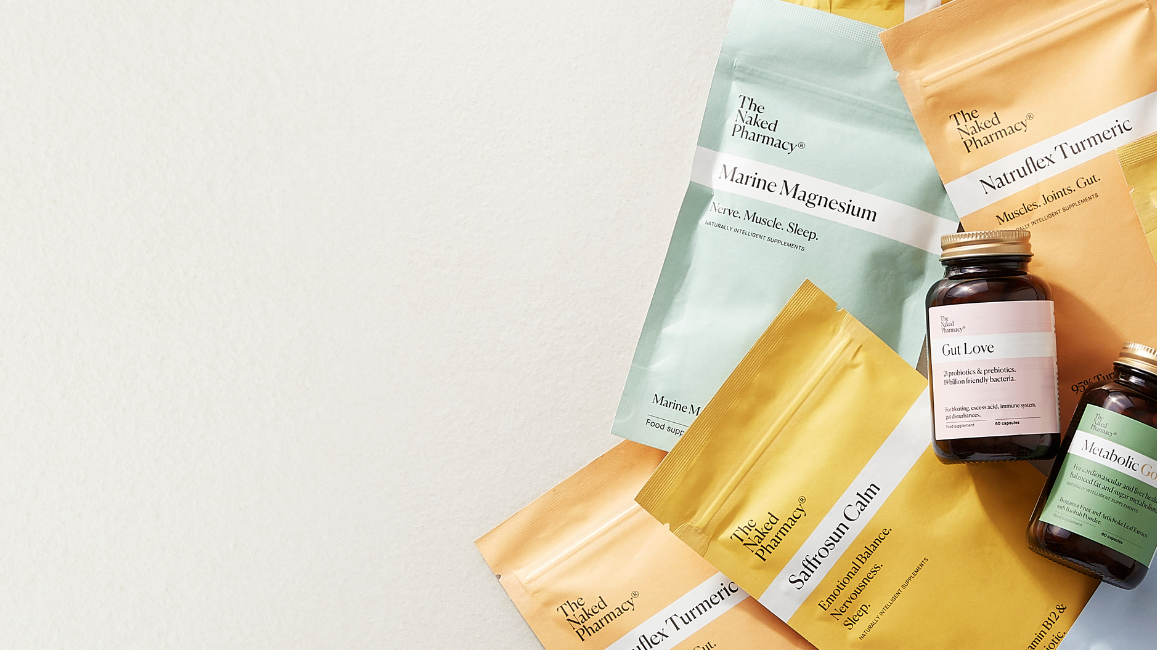Journal
How to Stay Energised This Winter
A pharmacist’s guide to beating winter fatigue Winter can leave even the most motivated among us feeling flat. Shorter days don’t just affect mood – they influence sleep, hormones and...
Beyond the calories: Why willpower doesn’t work for weight-loss battle – and what does
If you’ve ever kicked off the New Year with the motivation to shed that Christmas indulgence, only to find by February you’re craving a glass of red and a six-pack...
The Big Wellness Trends for 2026
Smarter Collagen, Personalised Health and Quality over Quantity Wellness in 2026 is having to keep up with you – the smart consumer. That’s because you’re wanting more. You’ve had enough...
The Twelve Triggers of Christmas (and How to Stay Naturally Calm)
When things are less Silent Night and more up all night, it’s time to get Christmas back on your wellbeing wish list. Here’s our guide to tackling the Twelve Triggers...
How The Naked Pharmacy works with health data and AI to transform health
Most of us only start thinking about our health when something goes awry. The tiredness you can’t shake off, the low mood that won’t budge, and a GP appointment that...
Why everything hurts more in your 40s and 50s
(And what you can do about it) Do you find your hips aching at night? Are your shoulders groaning when you reach overhead? Do you find yourself creaking when you...
Ashwagandha – Does it work, and is it safe?
Ashwagandha has been popping up on social media a lot lately, with some wellness ‘experts’ questioning its safety. But separating the hype from the science is important. So, what does...
GLP-1 jabs and weight loss: side effects, support and staying on track
What are GLP-1 weight loss injections and why the fuss? Unless you’ve been avoiding the headlines, you’ll have heard names like Ozempic, Wegovy and Mounjaro. These are GLP-1 receptor agonists...
Menopause brain fog: why it happens and how to clear it
Ever walked into a room and forgotten why? Gone to introduce someone to a friend only to find you’ve drawn a complete blank on their name? How about work? Been...
The Winter Arc: strengthen your immunity and wellbeing for the colder months
Winter in the UK means shorter days, colder air, and more time indoors – the perfect storm for dips in mood, energy, and immunity. The Winter Arc flips that on...
From school runs to student nights: natural immunity and calm for every age
Doesn’t it come around fast? One minute it’s suncream and sand, the next it’s pencil cases and kids swapping germs like Pokémon cards. Meanwhile, students are off to Uni with...
Say goodbye to inflammation with these powerful science-backed remedies
You’re sleeping as well as possible, eating like a nutritionist’s dream, and doing your best to live a balanced life, yet something still feels off. Perhaps you have lingering fatigue,...

















